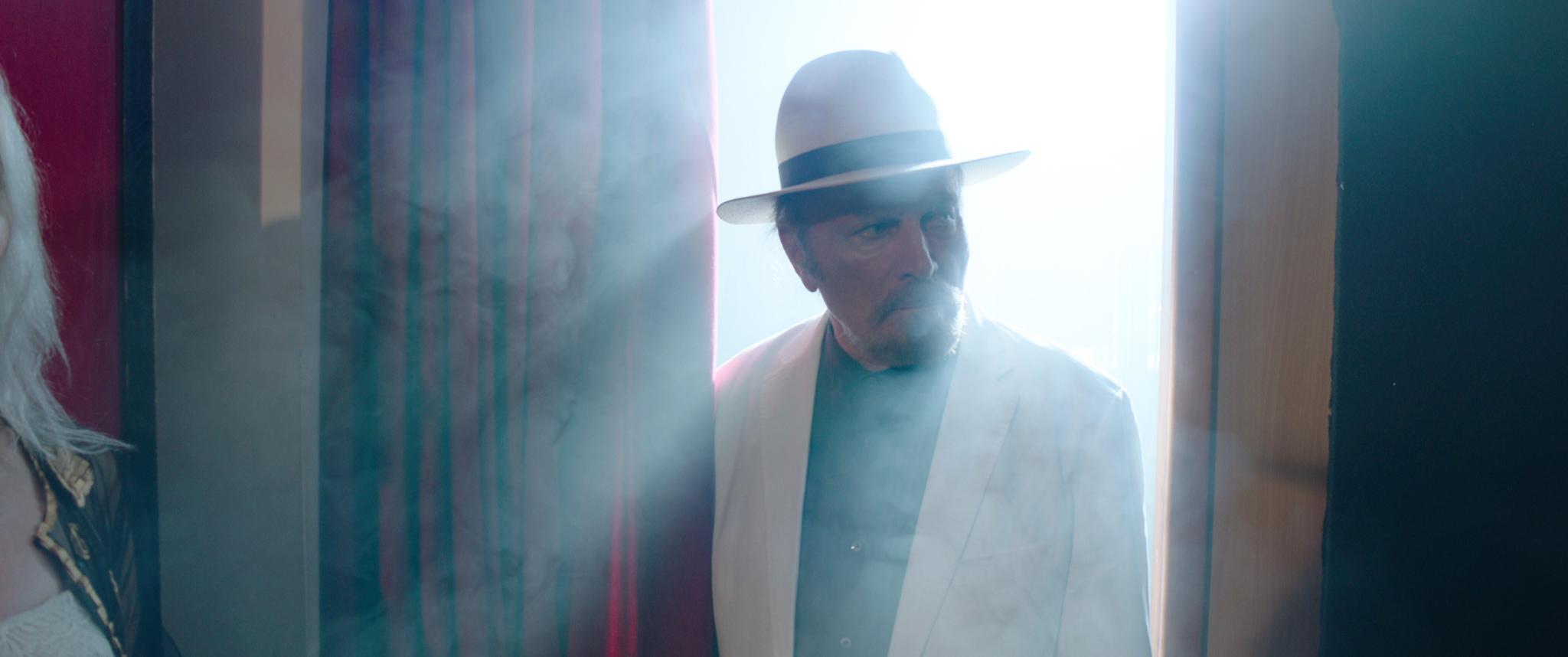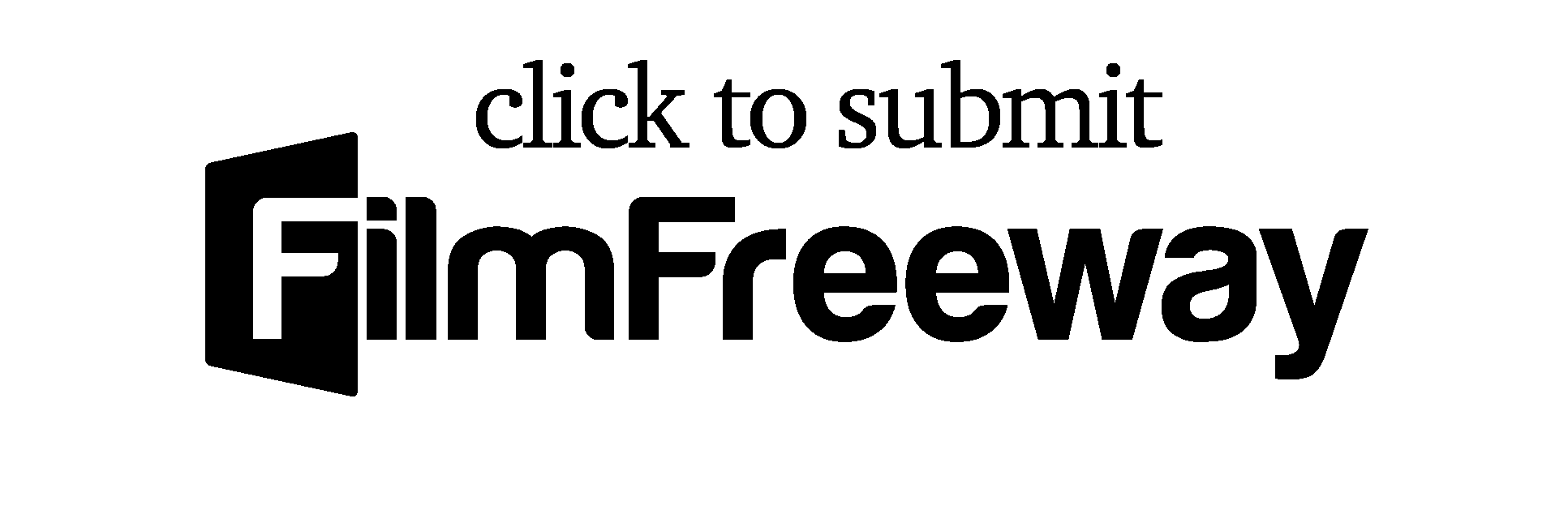
Franco Nero
an interview with Kiriakos Kotsinis
Dear Mr. Nero, welcome to Short Encounters IFF. It is a great pleasure to have you participating in our festival as the leading actor in the short film "Nil difficile volenti". Thank you greatly for accepting my invitation to answer these few questions, surely of invaluable importance to anyone interested in your paramount work as an actor and also in the history of filmmaking.
• Your enormous contribution to Cinema is indisputable. Your work has been admired and praised by many over your well established career and it is beyond safe to admit that you have written your own history in the realm of the Seventh Art. Looking back on this long-lasting creative journey, is there a period you cherish the most and a period you might say you detest the most?
In a long career like mine, there have been many great and less than great moments. But I have no regrets, because I've always followed the advice of my friend, Sir Laurence Olivier: don't ever fossilize yourself in the role of leading man, but vary, experiment and have fun.
• A few years and movies after your first, small part in Pelle viva (1962), you had your first lead role in Sergio Corbucci's Django (1966), one of the most iconic spaghetti-westerns of all times and 46 years later, a cameo in Quentin Tarantino’s homage, Django Unchained (2012). Watching Tarantino’s movie almost 10 years later, do you believe that the script idea you proposed to him regarding your role in the movie would have worked out better for the story?
I'm always humble, so I don't think that my "Django" idea for Tarantino would have improved the film. Quentin is a great screenwriter, along with being a great director. He surely didn't need my suggestions. Let's just say they wouldn't have hurt!
• You were born and raised in the country of cinematic neo-realism, also known as the Golden Age. The country of great masters like De Sica, Visconti, Fellini, Pasolini, Antonioni, Leone, just to mention a handful of them. You have worked with top European directors such as Buñuel, the father of cinematic Surrealism, and the controversial R. W. Fassbinder. Who were your greatest influences?
All important directors have left fine memories, but none of them have influenced me, otherwise I wouldn't have been able to take on so many radically different roles. If I had remained influenced by Buñuel, then I wouldn't have been suited to work with Fassbinder. I've always tried to be adaptable.
• What would you do differently today if you could? Do you still paint?
No, I no longer paint and I can't imagine myself doing something different than acting. I love sports. Maybe if I hadn't been an actor, I would've been a great soccer player, but a soccer player has to quit young whereas an actor can keep playing into his nineties as shown by Kirk Douglas.
• Many young actors and actresses are going to read this interview. These are people that not only look up to you with the utmost respect but also many of them have been influenced by your work. I can’t avoid asking you what your advice would be to all those young actors and actresses who stand at the beginning of their career?
My advice to today's young is to study hard and well, heart and soul - and never give up. Being physically attractive isn't enough, you need to firmly believe in your dreams and not focus right away on money. The earnings will come if you are deserving and ready to make some sacrifices.
• Is there an incidence from your career, your personal life, an experience that you find important or even funny, something that you have never shared in an interview before, and you wouldn’t mind sharing it with us? Something minor yet interesting and sincere the world does not know?
Even in this case, after many movies, the anecdotes are too many to count. A minor one, that nonetheless still makes me smile is when I beat Carl Weathers, the Apollo Creed of Rocky fame, in all the contests we'd have between one take and another during the filming of "Force 10 from Navarone," in 1978. He was a muscle man, but I beat him at the amusement park punching balls. My punch would always score higher than his; he was a runner, but I would beat him in any foot race and I even beat him at the shot put. Carl was a great guy, a ton of fun and he couldn't figure out how he could lose to me.
• “Oh cupidigia, che i mortali affonde sì sotto te”, says Dante in “Paradiso”. Were there occasions during your career you feel you might let greed influence your decisions?
Money is important, but I've never sold out for money, otherwise I wouldn't have refused the many offers coming my way from the TV world: for example, La Piovra (The Octopus) and Maresciallo Rocca, two very famous TV series in Italy, that had been offered to me, but that I had refused, preferring cinema work instead.
• Do you have expectations that make you feel nostalgic? And if yes, why is that?
I try not to be nostalgic, because the future, even in a moment like our present one that COVID has made tragic, is always and regardless more important than the past. We must always be like water that continues to flow. Once it stops then the water becomes a swamp, and so as that great actor and philosopher Bruce Lee always used to say: "Be water, my friend!"
Dear Franco, thank you from the bottom of my heart for this great opportunity. My appreciation is beyond words!
I wish you all the best in your future endeavours.
Be strong and stay safe.

Franco Nero in action in the short film "Nil difficile volenti", directed by Fabio d'Avinoa, produced by Tiberio Ettore Muccitelli. Submitted to SEIFF's 2021 edition.
Franco Nero wikipedia
Franco Nero IMDB

